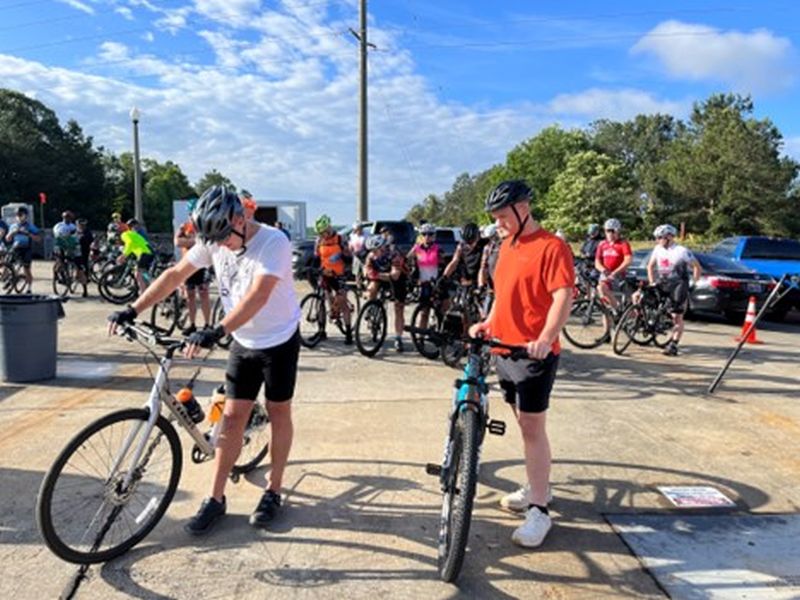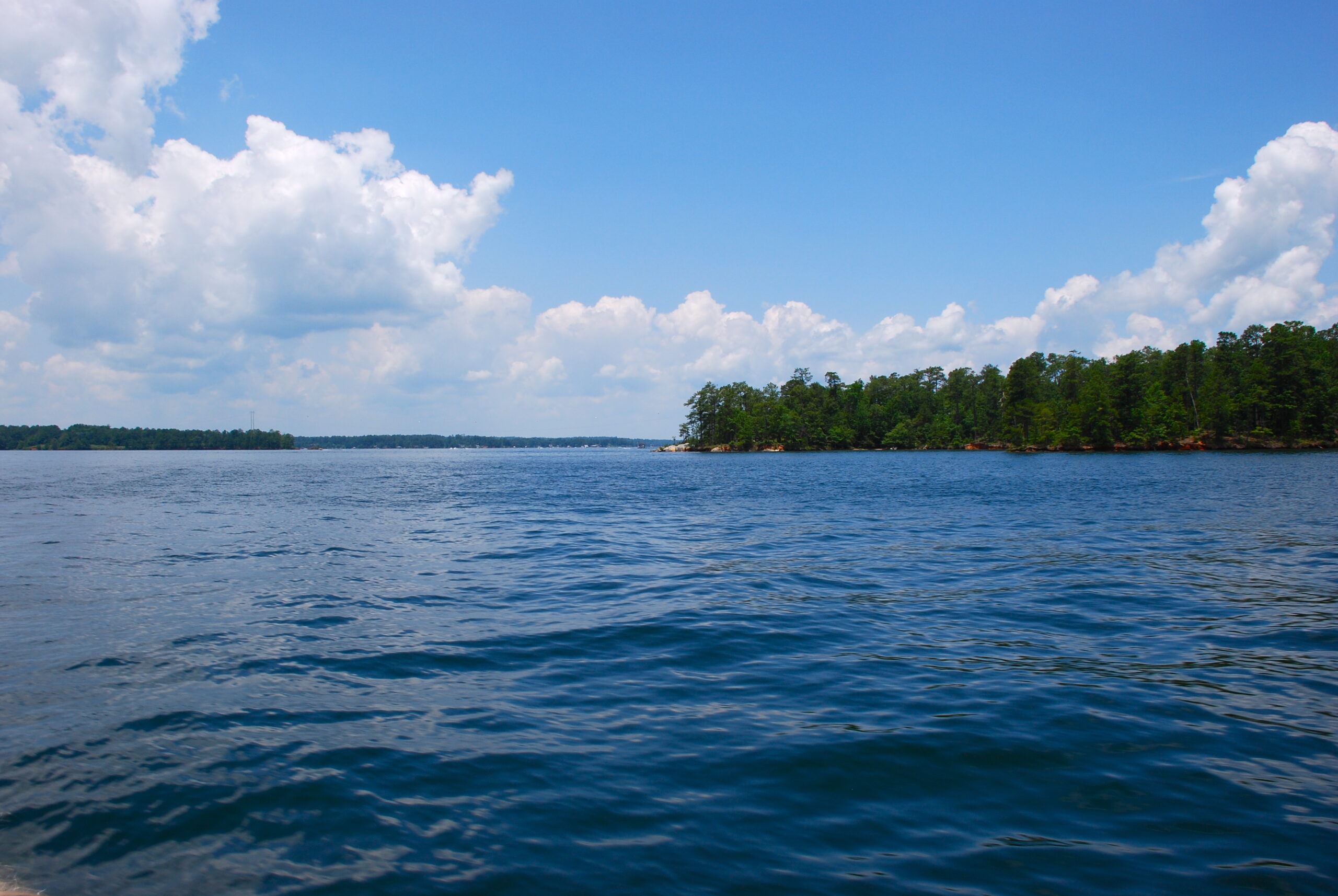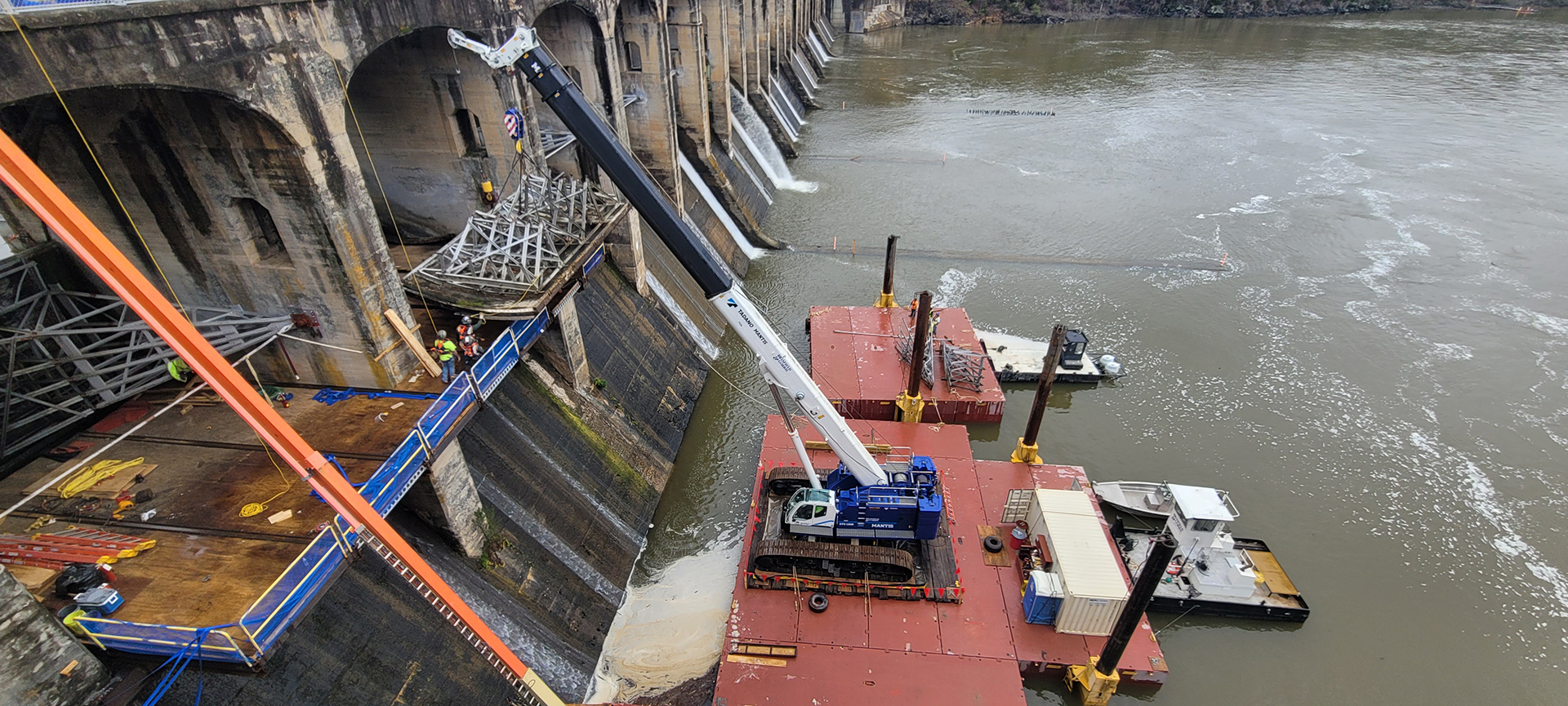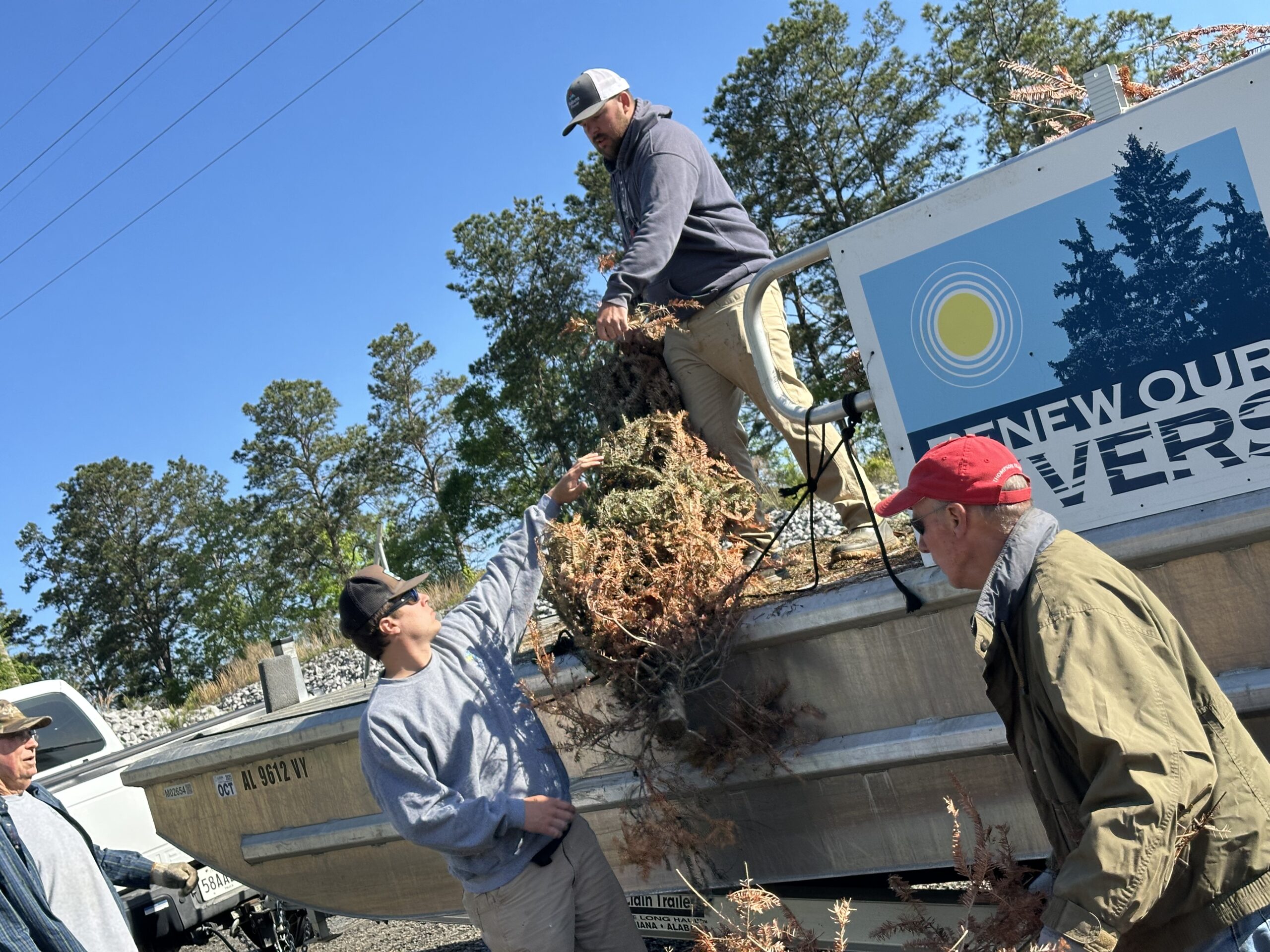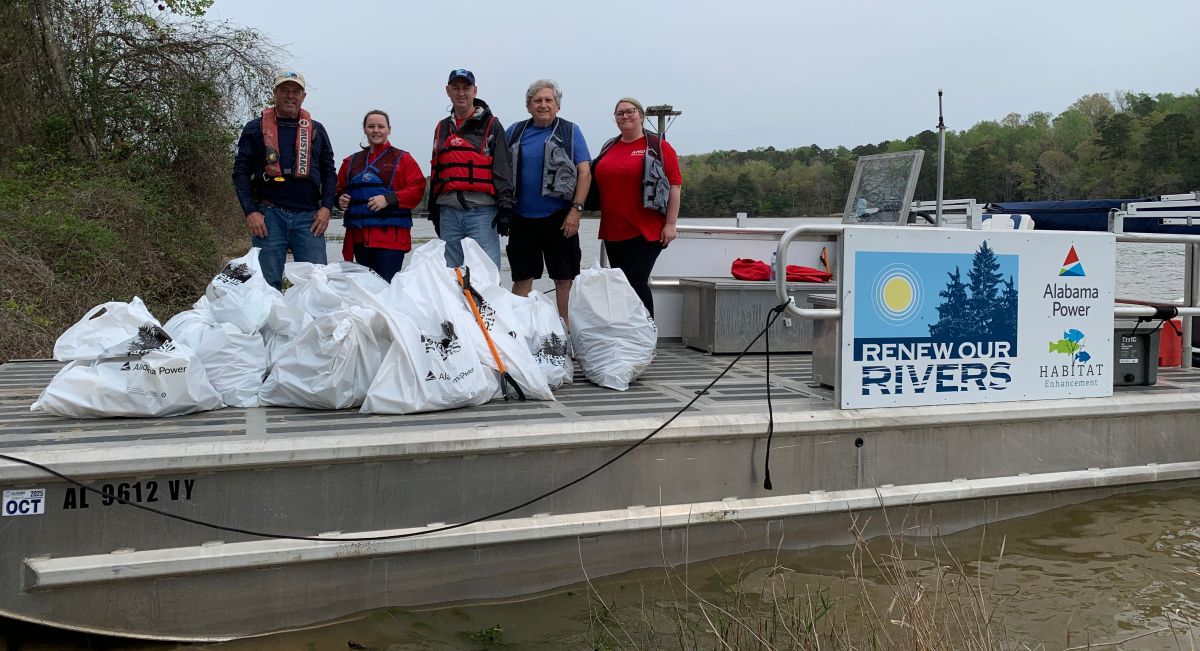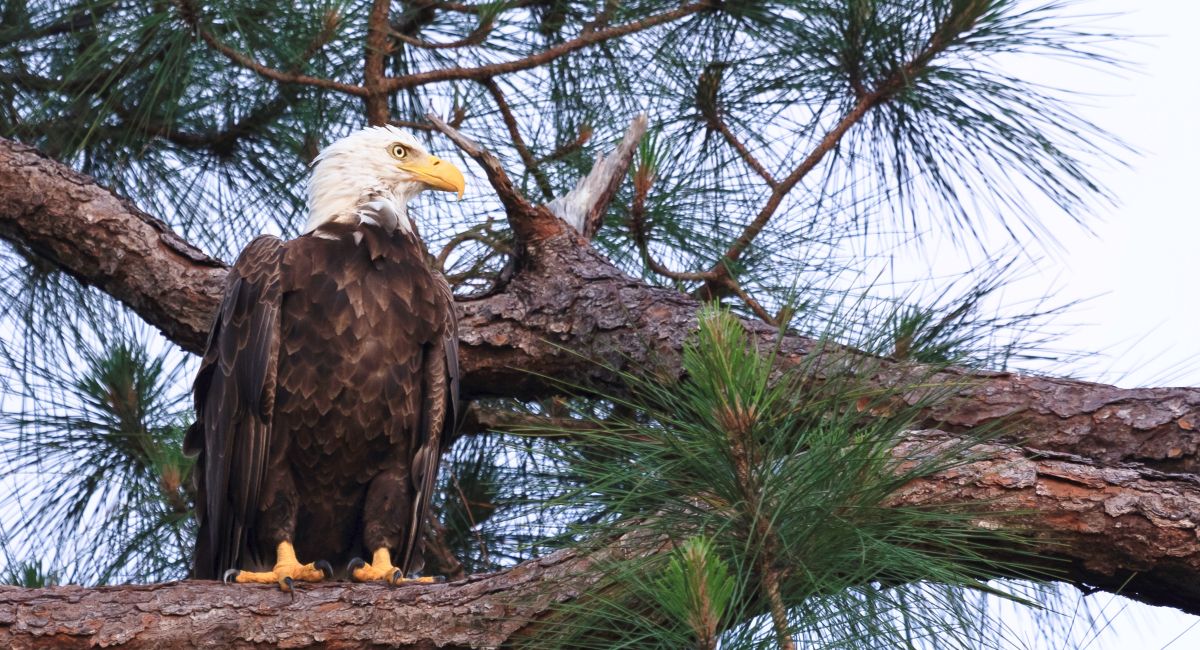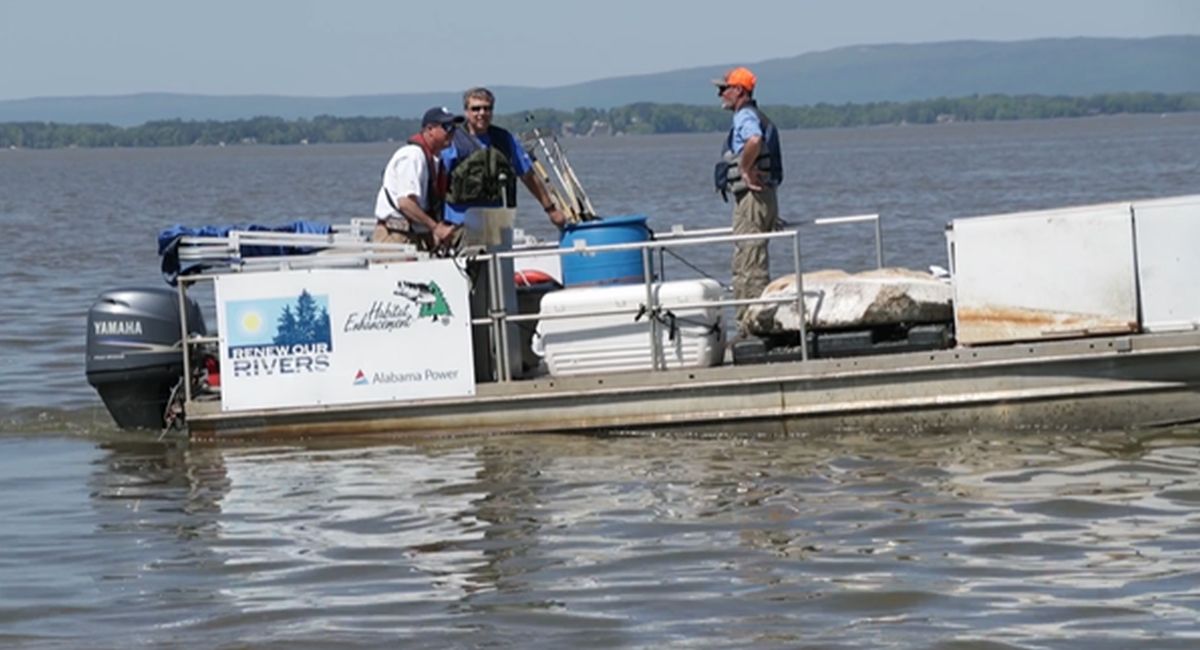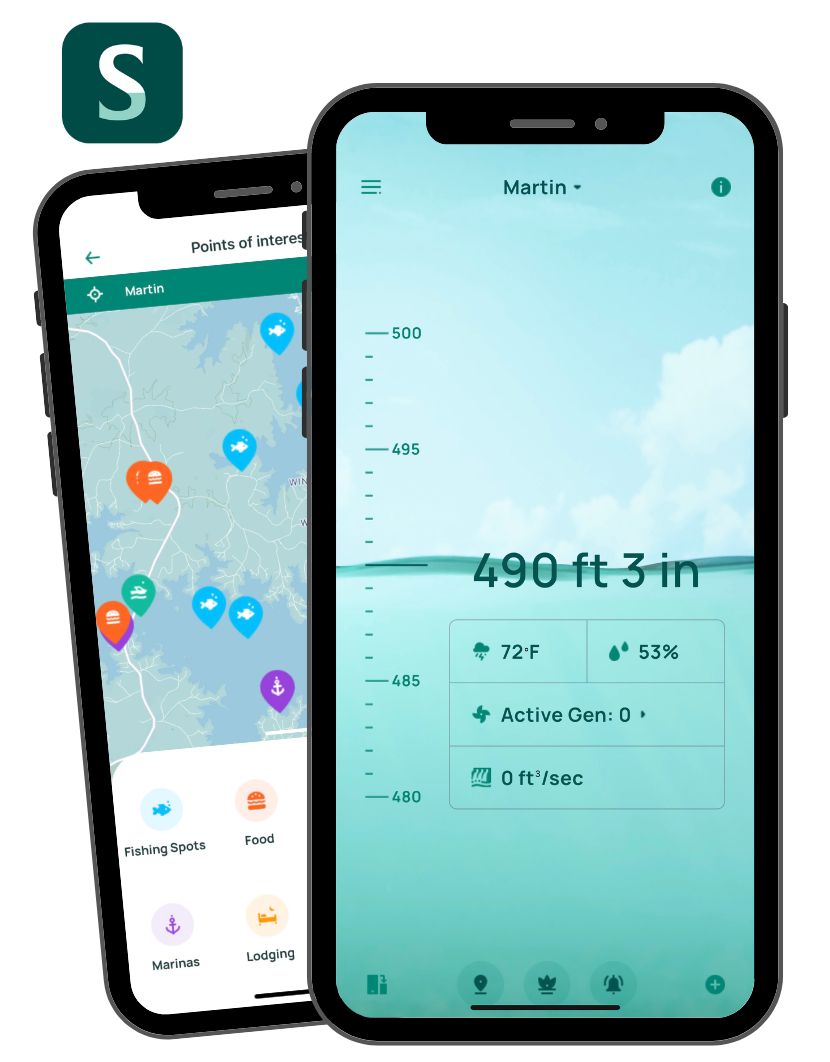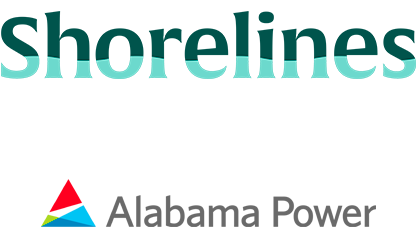More than 100 cyclists had a great time April 22, exercising and enjoying the beauty of Lake Martin, but most importantly, they raised $27,000 to fund life-giving water projects in Guatemala.
“We were really happy to exceed our goal,” said Chris Goodman, Martin Hydro Dam manager, who, with his wife, Mandi, rode the 30-mile course around Alabama Power‘s Lake Martin in Dadeville. Cyclists could elect to take 15- or 60-mile courses, as well.
“We had a great turnout, and people were still registering on Saturday morning,” Goodman added.
About 22 student volunteers from Auburn University’s student chapter of Engineers Without Borders helped riders sign in and provided maps of the riding courses.
The second annual Water Cycle event will fund Auburn engineering students’ work in August to help deliver fresh, clean water to the residents of Sololá, a town in the Western Highlands region of Guatemala.
The ride is the brainchild of Goodman, who earned a degree in chemical engineering from the University of South Alabama, and Auburn University Research Engineer Christian Broadbeck, both of whom decided to use people’s love of cycling to help give back to less fortunate communities.
“This was our second year, so it’s officially an annual event now,” Goodman noted. “We had fantastic support from the Tallapoosa River Hydro staff that made a strong contribution to the success of the event. One guy came from Missouri and said that Water Cycle is one of the best rides he’s ever done.” About six Southern Company Power Pedalers took part in the ride.
A faculty advisor to Auburn University’s student chapter of Engineers Without Borders, Broadbeck sees the event as “a motivation to exercise” while helping others. About three years ago, he began noticing that riders quickly filled the rolls at cycling events. He and Goodman, neighbors in Auburn, turned that enjoyment of the sport into a way to raise money to provide communities with the water they desperately need.
The Auburn Engineering team does due diligence on the design, which has an expected 20-year lifespan. After installation, the team has a five-year commitment, ensuring they will repair the system at-cost if the design fails.
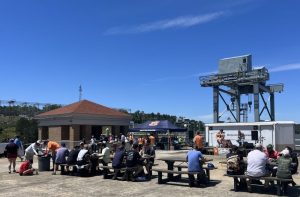
Goodman (seated, second left) and Broadbeck (standing, center) are pleased that Water Cycle is helping fund important water projects in Guatemala. (Auburn University
“It’s one of these things where a lot of these communities can’t afford to install a water system,” said Broadbeck, who earned a bachelor’s degree in biosystems engineering and a master’s degree in civil engineering from Auburn University. “That’s one of the challenges we come across. We’re engineers and we’re working on designing a system and doing all of the modeling, but we always have to remember that the social side is really important. This August, we’ll be trying to make sure that we understand the community’s real need, what the impact of having water really means to them.
“The flip side is that, even when we do come in and install these systems, the community thinks it’s free water,” added Broadbeck, who is working toward a Ph.D. at Auburn. “And, it is free in the sense that we are fundraising to bring the materials, but we try to educate the community because they need to have a water committee, per se, because the maintenance costs for the system will be on the community.”
While the Auburn engineering team designs the water systems with gravity feed and requiring little maintenance, which lowers operating costs, there’s always the “chance of a ruptured pipe or a landslide, or something,” Broadbeck noted. So, residents need to save a little money each month to cover future maintenance costs.
Goodman was happy to see the event’s second year of success, in support of the meaningful work done by Engineers Without Borders. With Martin Hydro Dam being near Auburn University, he is pleased to be able to support local efforts to bring positive change to impoverished areas in Guatemala.
“Engineers Without Borders do good things. This group goes in, fixes problems and they bring solutions that are sustainable for communities,” Goodman said. “A lot of people in the world don’t have access to clean water. That affects their standard of living, their length of life and their quality of life. Water is essential for life, and they’re doing really great projects that help provide clean water for people who don’t have it.”
The Auburn University student chapter also works on projects in Alabama and Georgia to improve residential access to potable water.

